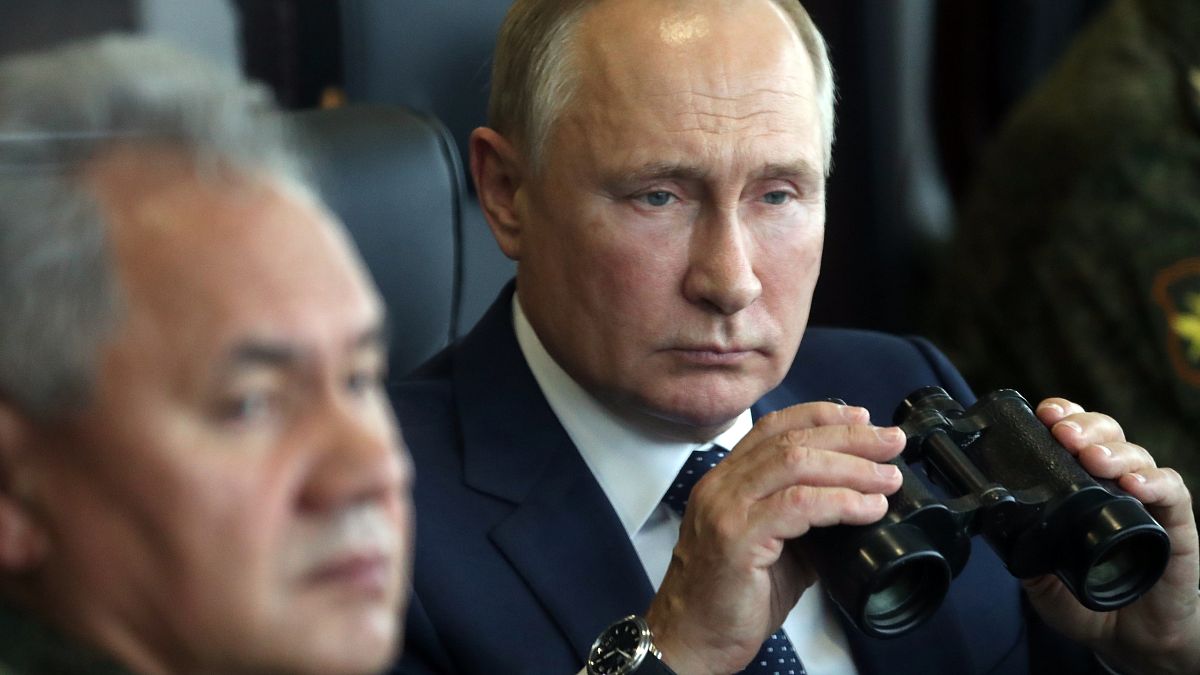Poland, Latvia, Lithuania and Estonia on Monday expressed concerns about the war games, saying Russia has not been transparent about them.
Russian President Vladimir Putin has observed military exercises being conducted in coordination with Belarus that have raised concerns in bordering countries.
Putin on Monday attended exercises at a training ground in the Nizhny Novgorod region, 450 kilometres east of Moscow. The exercises included what the Defense Ministry said was the first use in a combat environment of two new robotic fighting vehicles that are equipped with machine guns and grenade launchers.
The Zapad (West)-2021 exercises being conducted at several sites in Russia and Belarus involve about 200,000 soldiers in total, including troops from Armenia, India, Kazakhstan, Kyrgyzstan and Mongolia.
The foreign ministers of Poland, Latvia, Lithuania and Estonia on Monday expressed concerns about the manoeuvers, saying Russia has not been transparent about them and noting they come amid heightened Western tensions with Belarus.
Kremlin spokesman Dmitry Peskov brushed off those concerns, saying that “joint military exercises are a regular process.”
The exercises opened last week on the same day that Putin and Belarusian President Alexander Lukashenko met and announced new moves to integrate their countries' economies.
Russian support for Belarus worries neighbouring countries, who claim that Belarus is trying to destabilise them by encouraging migrants from the Mid-east and Africa to come and then allegedly shepherding them to its borders with the European Union nations of Lithuania, Latvia and Poland.
The migrant problem arose after Western countries imposed sanctions on Belarus for its harsh repression of opposition and its crackdown on independent news media in the wake of enormous protests against Lukashenko last year.
The protests began when Lukashenko was awarded a sixth term in office after a presidential election that the West and opposition members said was a sham.
